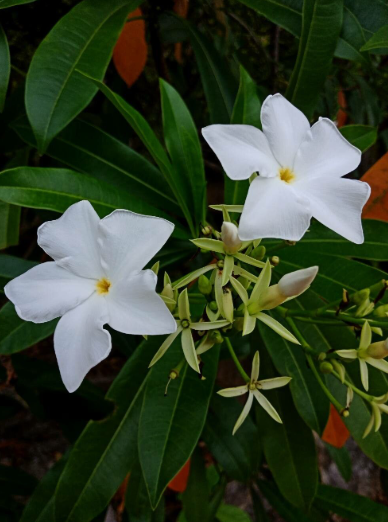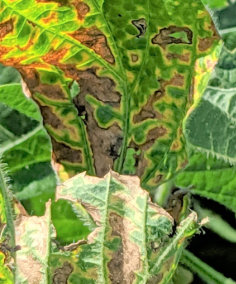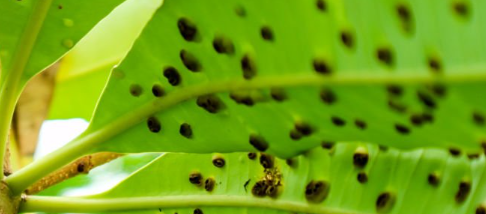Suicide Tree Plant
The Suicide Tree is a moderate-growing small tree reaching 20–40 ft, thriving in USDA zones 10–11, with well-drained sandy soil, full sun to partial shade, moderate moisture, non-edible, and has medicinal uses in traditional remedies (toxic if consumed).
Habit
Small tree
Height
6-15 m
Growth
Moderate
Soil
Well-drained, loamy
Shade
Full sun to partial shade
Moisture
Moderate moisture
Edible
No
Medicinal
Yes
Origin
Caribbean, South America
Climatic Condition
Tropical
Temperature (°)
25-35°C
Humidity (%)
60-80%
Potting media
Loamy, peat
Fertilizers
Organic, balanced NPK
Watering
Regular
Plant Weight
500-1000 g
Flowering Time
Spring, Summer
Soil Ph level
6.0 - 7.0
Water Ph level
6.0 - 7.0
Soil EC
1-2 dS/m
Yield Per Plant
Poisonous, ornamental
NPK ratio
10:10:10
life Span
Perennial
Health Benefits
Toxic, medicinal (careful use)
Suggested Grow Media or Potting Mix ?
50% sand, 30% garden soil, 20% compost
Suggested Fertigation/Fertilizers
Fertilize annually with a slow-release organic fertilizer.
Common Diseases and Remedies
Leaf Spot, Root Rot, Scale, Mealybugs
Yellowing leaves, sticky residue, wilting, brown spots
Systemic insecticides, copper fungicides
HEALTH BENEFITS
Highly toxic; contains cerberin, which affects the heart.
No known health benefits; used in traditional medicine with caution.

